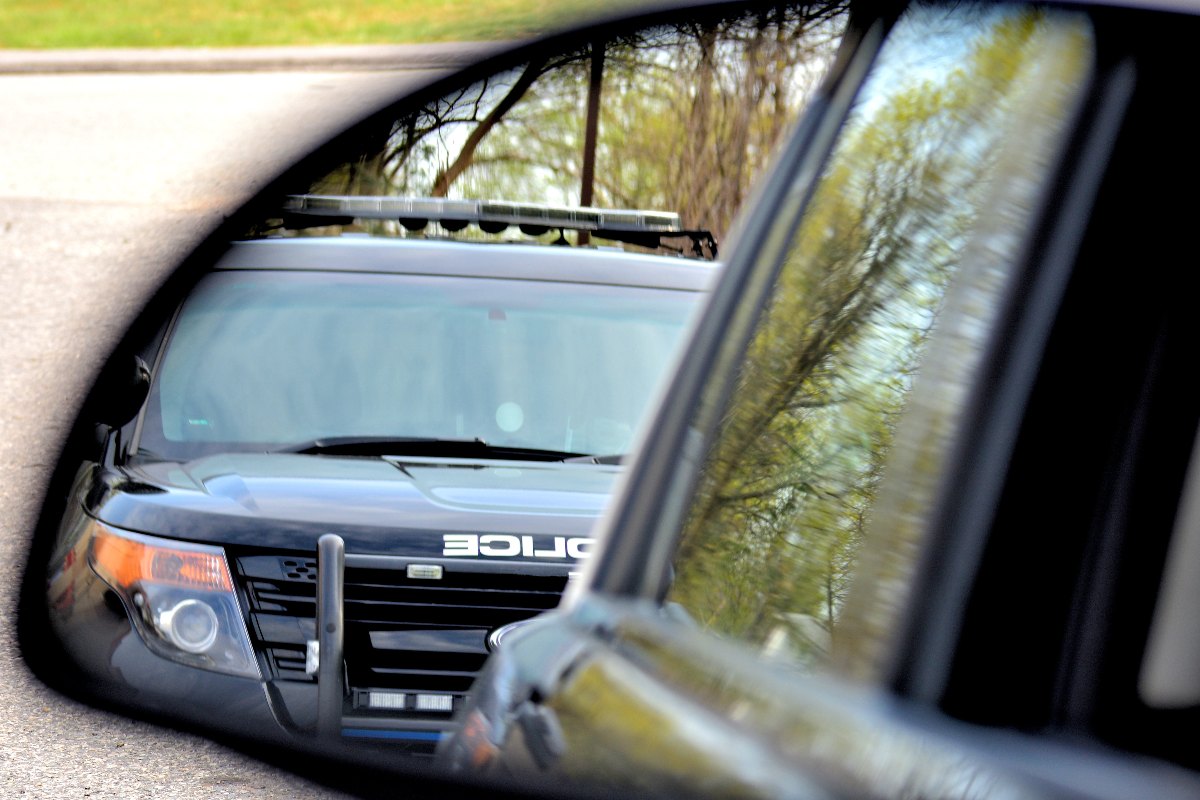What You Should Know About DUI and Implied Consent in South Carolina?
Whenever a person is stopped on suspicion of a DUI, law enforcement has the right to request a breathalyzer, blood, or urine test to determine the presence of alcohol or drugs. South Carolina is one of many states in the nation that have “implied consent” laws that assume consent when a person decides to drive on the roads/highways of South Carolina. If you have been arrested for a DUI or an implied consent violation in South Carolina, Barboza Law is here for you. Our implied consent defense attorney has the experience and skill necessary to fight for your rights.
What is Implied Consent?
Implied consent declares that any person driving in the state of South Carolina must submit to a chemical test to determine the presence of alcohol or other drugs. Permission to run the tests is assumed under the law.
The chemical tests may be:
- Breathalyzer test
- Blood test
- Urine test
Refusing to submit to a chemical test has many consequences.
What Happens if I Refuse to Take a Breathalyzer Test?
Under the implied consent laws, if you refuse to take a breathalyzer test the arresting officer will likely confiscate your driver’s license. In addition:
- You must complete the Alcohol and Drug Safety Action Program
- Your license will be automatically suspended
The length of the suspension will depend on the circumstances and if you have any prior violations. For a first-time offense, your license will be suspended for 6 months. However, if you have a prior conviction, you are facing a 9-month suspension.
However, you may request an implied consent hearing to contest the refusal or probable cause for your arrest.
Can I Drive While I Wait for My Implied Consent Hearing?
In South Carolina, you can continue to drive on a Temporary Alcohol License while you wait for your implied consent hearing. After a hearing is requested, the DMV will send you the application for the temporary license. If accepted, the license will be good for 6 months.
What Happens at an Implied Consent Hearing?
An implied consent hearing is an administrative hearing to determine whether or not your license should be suspended. You may request a hearing to win back your driver’s license.
Instead of a judge, an Administrative Hearing Officer will preside over the hearing. In addition, the arresting officer and officer who administered the breath test must be present to present evidence and give testimony.
At the hearing, the officers must prove that the arrest was lawful and that there is enough evidence to support a violation sufficient to suspend your driver's license. During the proceedings, your DUI defense attorney will have the opportunity to cross-examine the officers’ testimony.
Your lawyer may employ a number of defenses, including challenging the arrest itself or the accuracy of the breathalyzer machine. The defense strategy will depend on the unique circumstances of your case.
Is a DUI Charge Separate from an Implied Consent Violation?
A DUI charge is separate from an implied consent violation. While the implied consent violation is an administrative hearing, a DUI charge is a criminal offense.
Even if you win your implied consent violation, your license may still be suspended if you are convicted of a DUI in South Carolina. It is critical to have your DUI defense lawyer help you fight both violations.
How Can a Lancaster DUI Attorney Help My Case?
When faced with an implied consent violation, your right to drive is on the line. People depend on driving to get to and from work, pick up children, grocery shop, and many other necessities. Losing the ability to drive for 6 months or more can jeopardize your livelihood and create a significant hardship on your household.
If you have been arrested for DUI and refused to submit to a breathalyzer or other chemical test, Attorney Barboza can fight for your right to drive. She can request an implied consent hearing on your behalf and help you apply for a Temporary Alcohol License.
After your implied consent hearing, Attorney Barboza can handle your DUI defense in criminal court. Our DUI defense lawyers have years of experience representing the best interests of our clients. Call (803) 973-6003 to schedule a consultation and discuss the details of your case.


